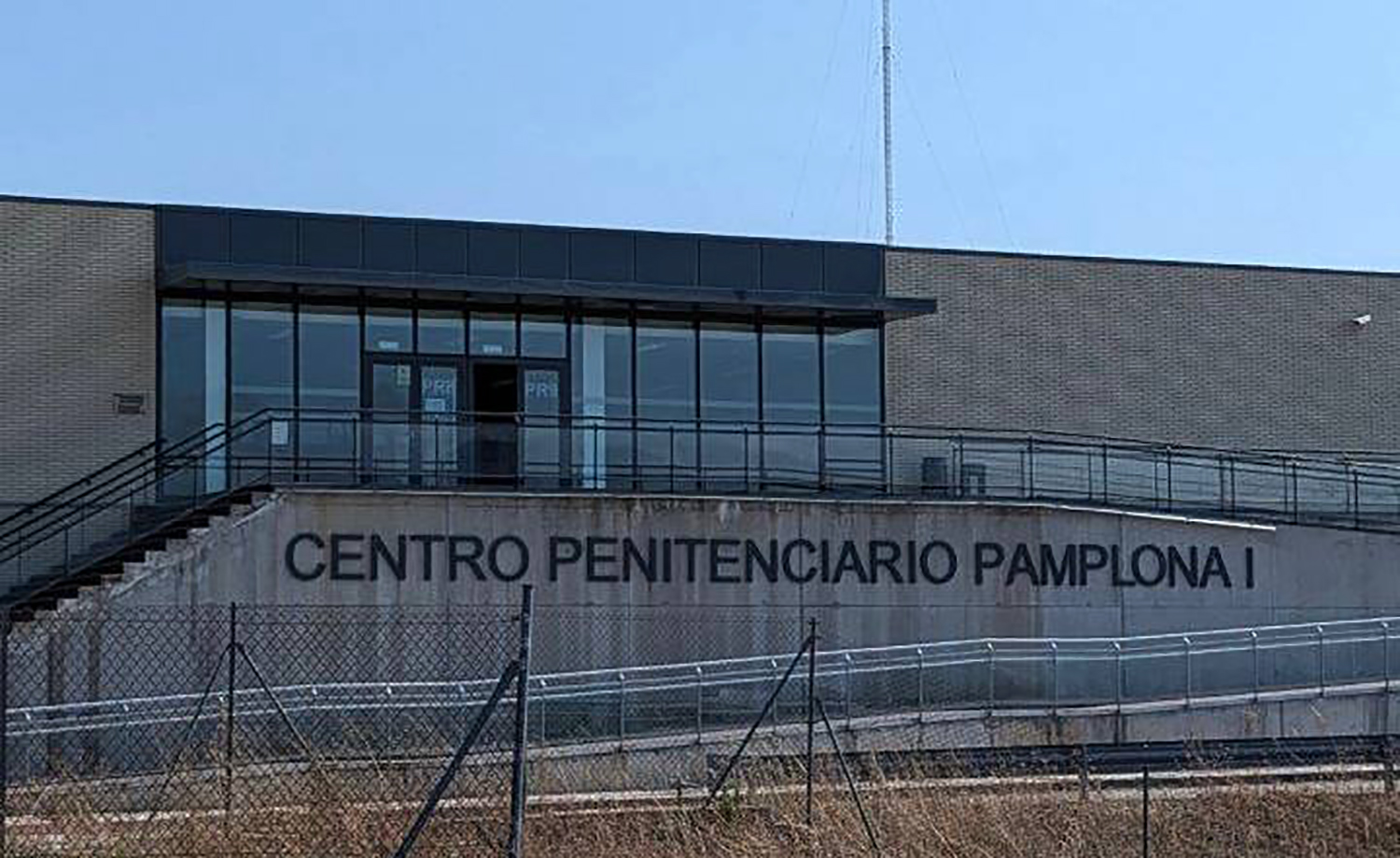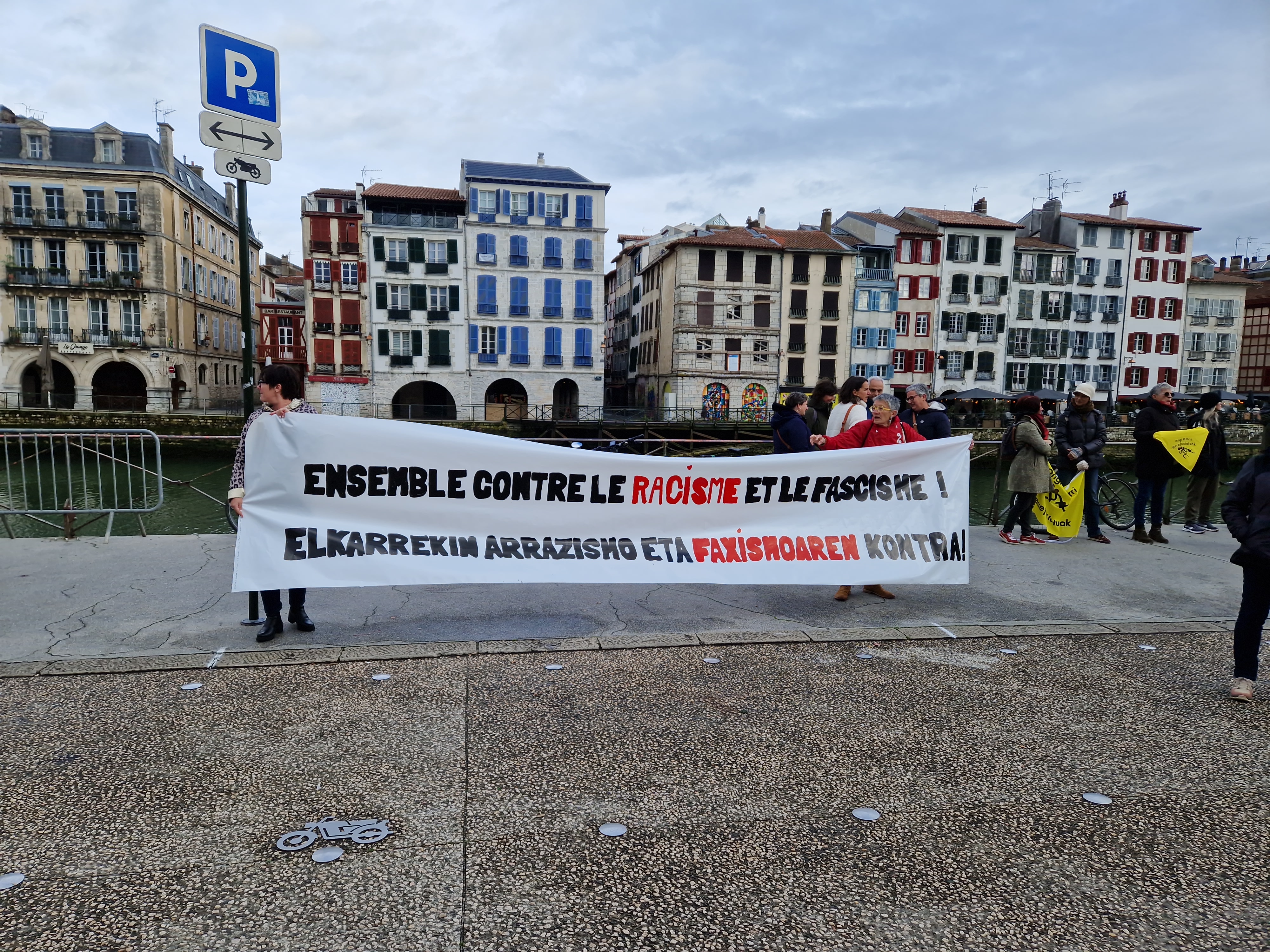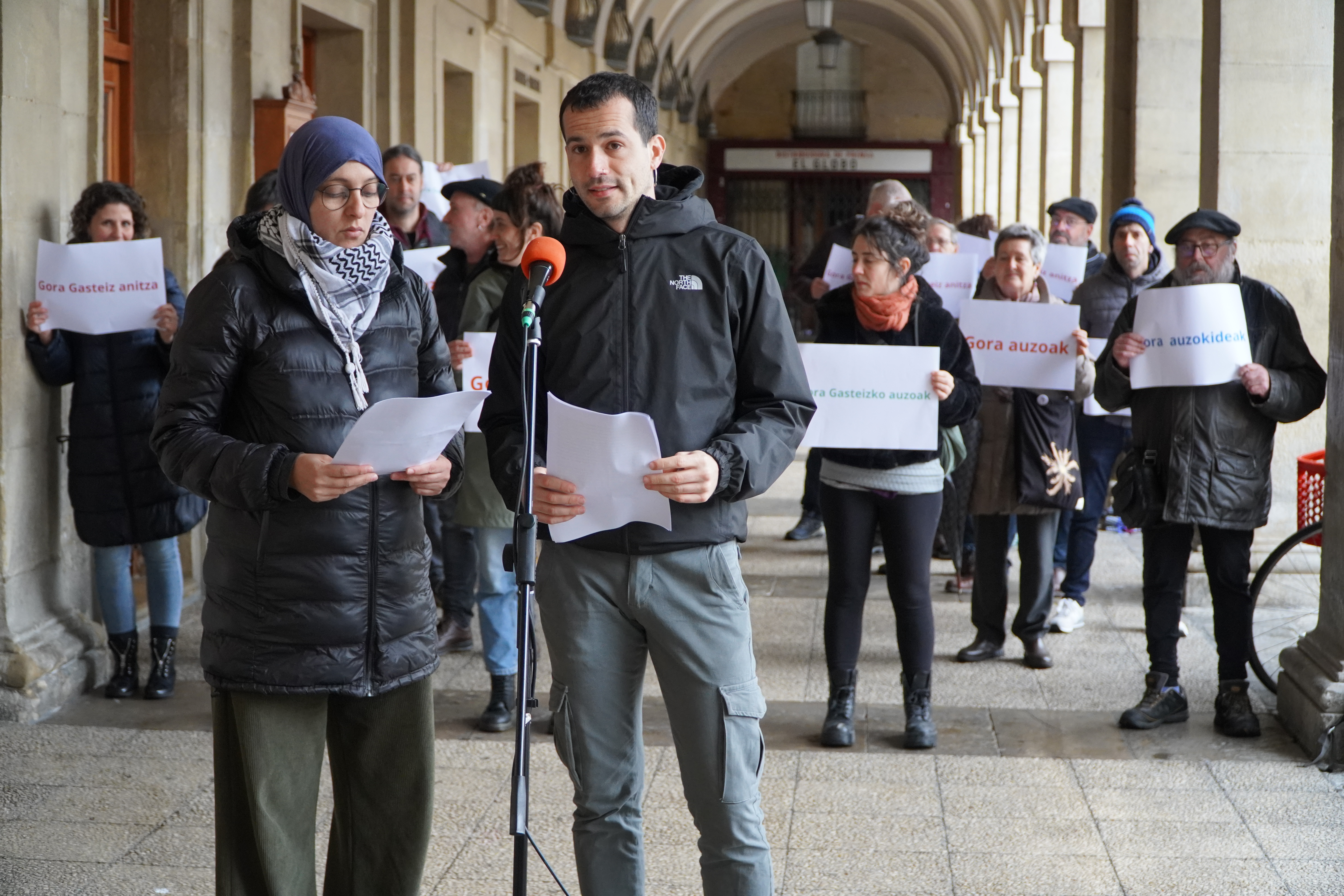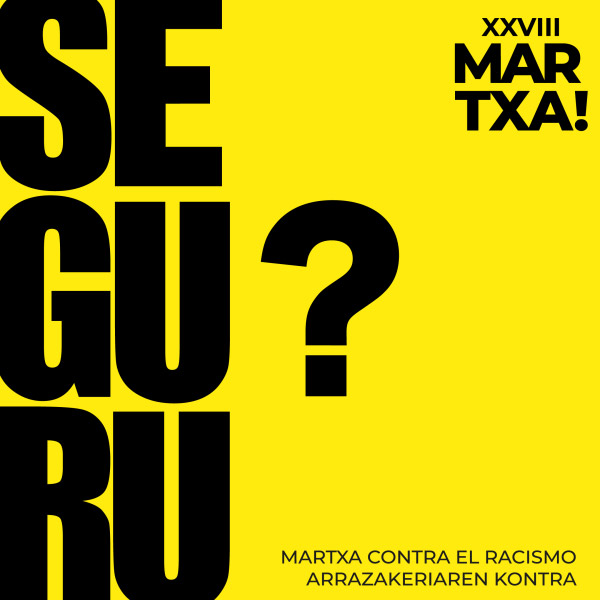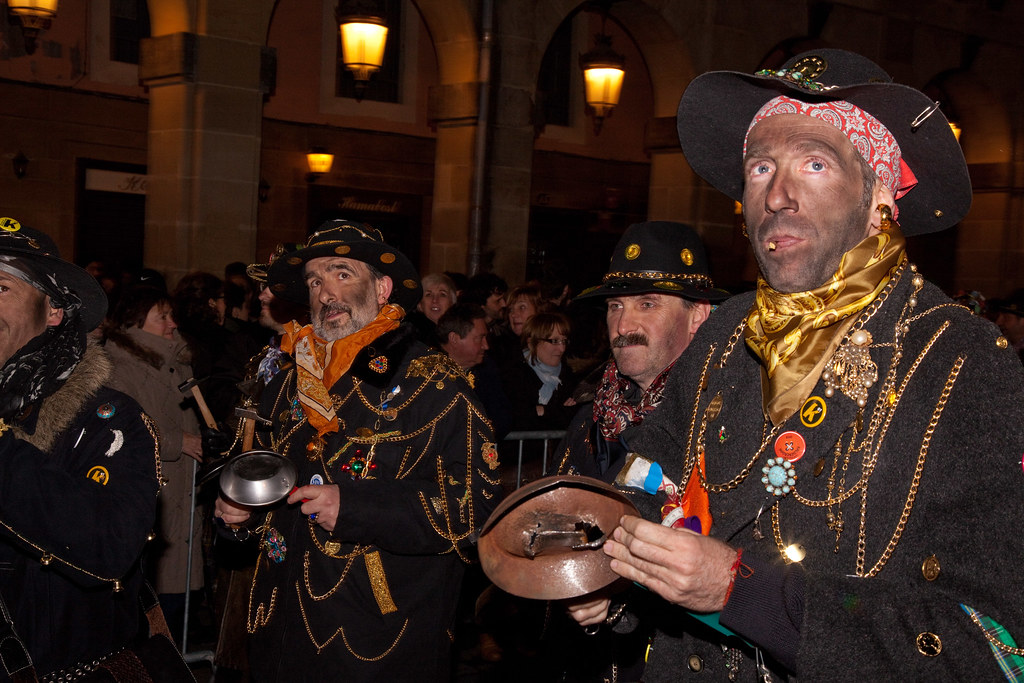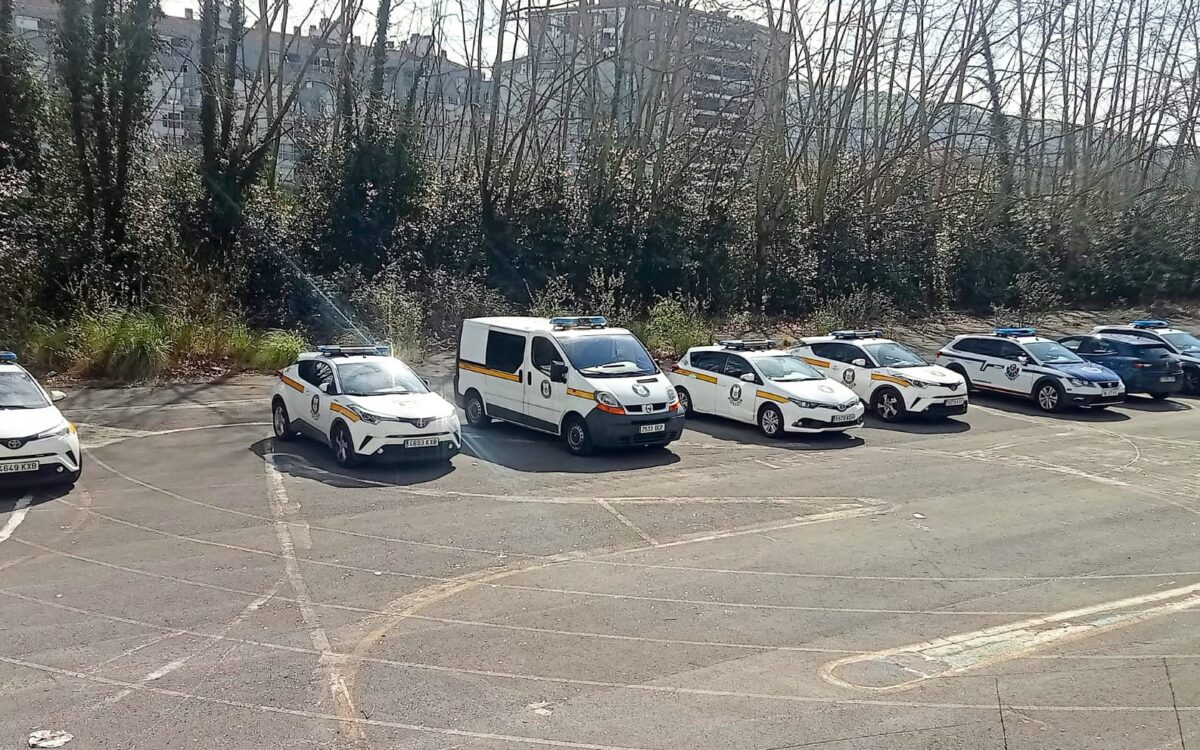Behind the thick questions there are always fat answers. Two hours do not give enough, much less if people find it hard to reach the city because of the bus strike. Hordago’s journalist, Miriam Najibi, has made the presentation, placing the leading role of migrants in the mainstream media “between hypervisibilization and invisibilization”.
Lucía Mbomio: “We are not entitled to a narrative B”
Journalist Lucia Mbomio took the lead at the conference to analyze media treatment of migrant and racialized people. In a speech full of details, he recalled that if people “believe the blood cells,” it is because “we have been with certain narratives for centuries.” In particular, the treatment suffered by “black bodies”: “XVI. Since the 19th century, there has been the dehumanization of black bodies—with the aim of slavery—and according to that narrative many of the current narratives have been built.”
“In addition to what you count, the problem is what you don’t count,” for Mbomio: “We don’t have the right to a B narrative.” For this reason, he has reflected on the beliefs and treatment of propaganda around migrants: “How long are you a migrant? Am I a migrant, though born in Madrid? How many generations do we call ourselves migrants?”
He spoke of “immigration” and gave many shameful examples of this, that is, the media’s tendency to talk about immigration with sensationalism: “Crime, extraordinary or ridiculous facts are.”
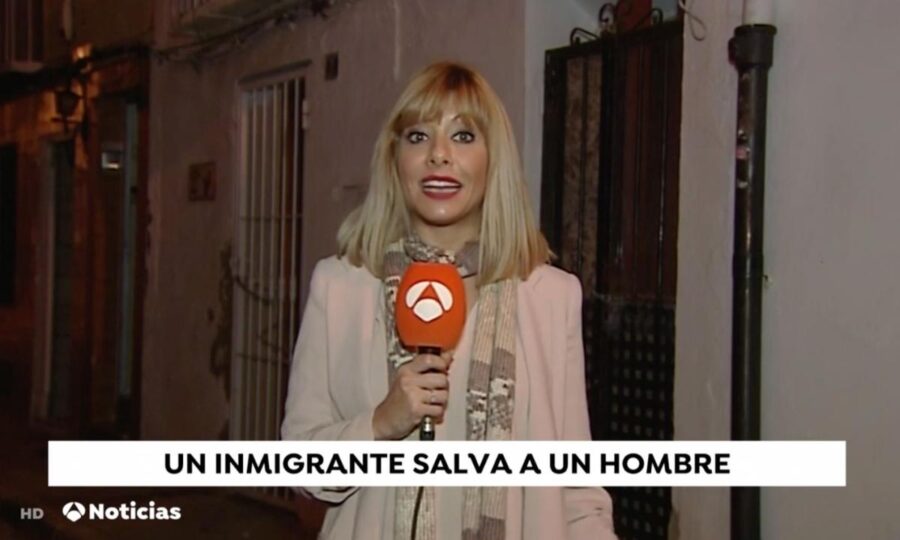
But it is not only a research objective, but Mbomio talks about the influence that all this has on racialized bodies: “We suffer the consequences of these propaganda on our own bodies. We are seeing again the demonstrations of the extreme right in Madrid.” “We have to build a narrative of everyday life, not just of the people who come here, but of what is already here. They have something to say and to tell,” he claimed.
Xalba Ramírez: “We’ve been posting attacks and threats to migrants for a year”
Journalist Xalba Ramírez of IRUTXULOKO HITZA spoke about the need to build “bridges between the Basque community and those of other countries”. To this end, two years ago they created the Ongi Etorri Auzora section, in collaboration with the Ongi Etorri Eskola association. In the line indicated by Mbomio, he said: “Once here are those who have come to create a space to talk about their life projects and not just the status of migrant”. It is important to make a new point of view about this narrative of everyday life, and he claimed to do so “in collaboration”: “To speak of migrants, otherwise, it seems that you can only speak in moments of exception and are not part of our community, and we have to work in that direction.” In this sense, Ramirez believes that “we must democratize our own actions” and “promote the participation of the agents working on these issues”.
On the other hand, Ramirez referred to the security problems experienced in recent years in Donostia-San Sebastián: “On the pretext of increasing low crime, racist discourses, authoritarian tendencies and police violence have increased, and we have had to reflect on how to treat them.” In fact, if you just use police data to talk about crime, you think you're very limited. “Councilor for Citizen Security, Martín Ibabe, pointed out that in recent months, 600 police interventions have been carried out in Egia, demonstrating the situation. What does this mean? Why 600 and not 1,200? What was done in each intervention? What did they serve for? If the only source is the police data, it is not crime, but police action.”
Ramírez warned that, on the pretext of security, a distinction is being made between "good and bad migrants": “It was previously said that they were coming to steal our works. Now no, now we want them to come, to do things that we don’t want to do.” Donosti’s Don’t Count has analyzed that he has done his work as a “social terror” speaker and believes that local media can help to emerge “the true face of the reactionary groups” in a state of creation and to create support for the Street Solidary Dinners.
Ramirez reflected on the “empowerment” of the local press: “Above all, the local press in Euskera has been seen as part of this type of ‘events’: cheese competition, school sport, bertsos sessions and neighborhood parties… Although we do, we have something else that the rest of the press cannot do: follow up closely on the problems”. The difference between the different journalistic models is that, according to Ramirez, a news item is and is not: “We have been posting attacks and threats against migrants for a year, and genealogy can also be easily seen what’s next.”
For Ramirez, local journalism has the vocation of offering “the chronicle of the time and the different narratives of the city” and, on the subject of racism, helping to understand “how the great problem is being rooted, and above all, how it can be cut”.
Hibai Arbide: Does journalism serve any purpose?
Hibai Arbide is an international journalist who is now working mainly for The Country in Greece. Arbide spoke about the context of the criminalisation of migrants. At first, Greece was an example of solidarity projects such as the Open Arms, and in a few years there has been a huge shift to the far right: “Among other things, because they have banned NGOs from working at sea.”
He works in Lesbos, the island where thousands of refugees arrived ten years ago: “This situation became chronic, but it changed media attention. At first, the media’s goal was to show solidarity, but then it was the problems that caused the neighbors.” Arbide explained that all the media talked about the “collapse” of services, but no one explained why this was happening and, above all, why no other “safe path for migrants” was offered. In this way, the right took advantage of this “concern” to “not attack governments, but attack migrants”. He explained the boundary situations: “They began to checkpoint fascists, pasting people, burning homes and cars… They acted with total impunity.” Thus, “the Government decided not to create further nuisance to its neighbours and, among other things, began to increase immediate expulsions.”
Arbide has pointed out that these expulsions occur at sea and therefore become a battle between ships: “I heard this, but I didn’t want to believe it all until I started working. Levels of violence are happening, and this is happening every day.” Arbide has carried out numerous reports and research on these violence, and at some point he thought it would “change something”. But no.
This leads us to reflect on the journalistic model: “Where do we want to work as journalists? In a great media of prestige? Or something smaller, but in line with our values?” He replied pessimistic. “Perhaps neither of the two cases meet the desired goals.” So what do you do this work for?
He recalled an association of Pakistani workers from Greece. Between 2010 and 2012, the militants of the Nazi party Egunsenti Urrekara were beating the Pakistani peasants of Aspropyrgg, in a beating that had occurred almost every two days. However, when they were going to file a complaint with the police they had no guarantees and, as they did not have a residence permit, they were threatened with expulsion. Thus, they organized the workers among them and carried out a detailed record of the beatings suffered: day, time, place, description… They did not publish, they did nothing with it, they only did archival work.
Following the murder of rapper Pavlos Fyssas, it was a social and judicial offensive against the Nazi party and one of the most important tests presented at the trial was the archive of the Pakistani farmer of Aspropyrgás, which showed that Golden Party crime was a “continuous and systematic” activity. Thus, “this list, which they believed was worthless, served to outlaw the most important Nazi party in Europe.”
“The work we do sometimes is of no use, but we have to keep doing it, because one day it will serve,” he added.










